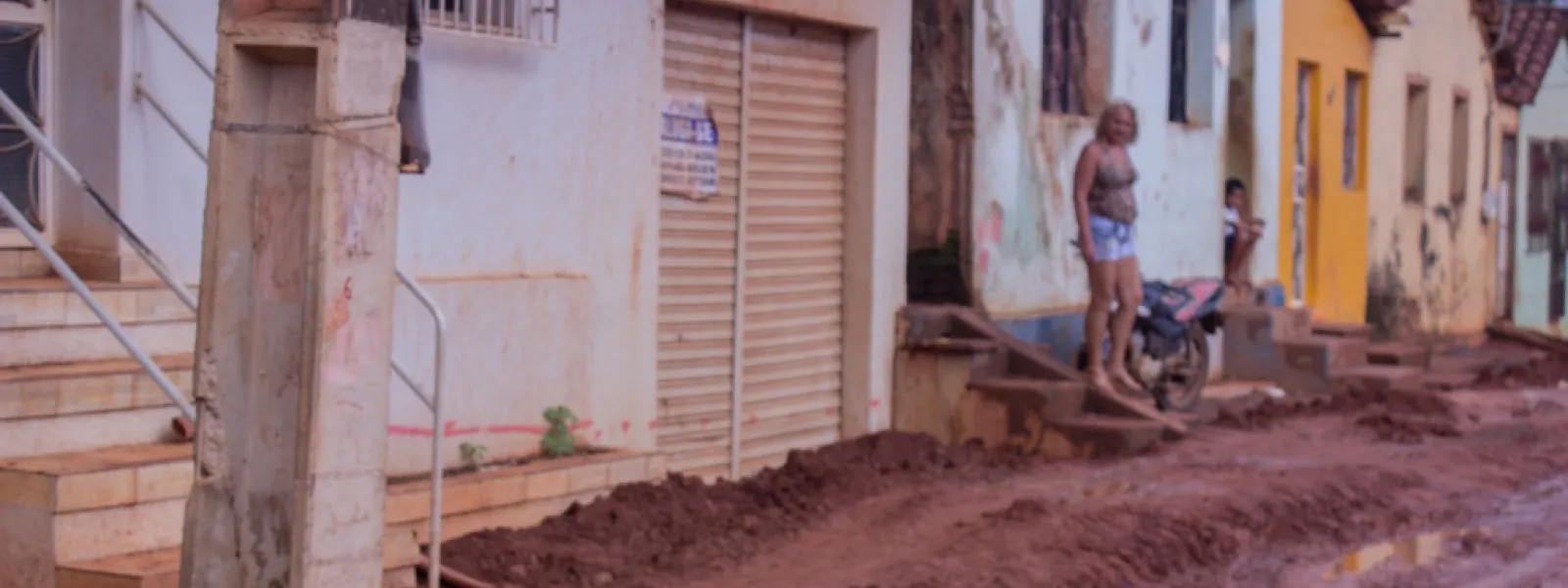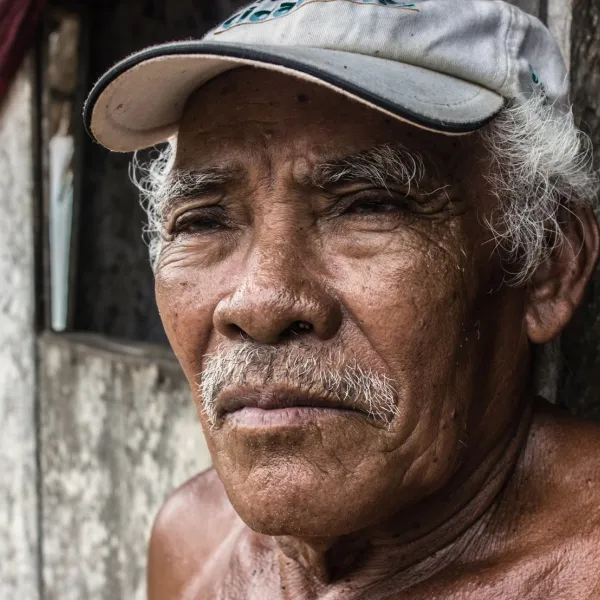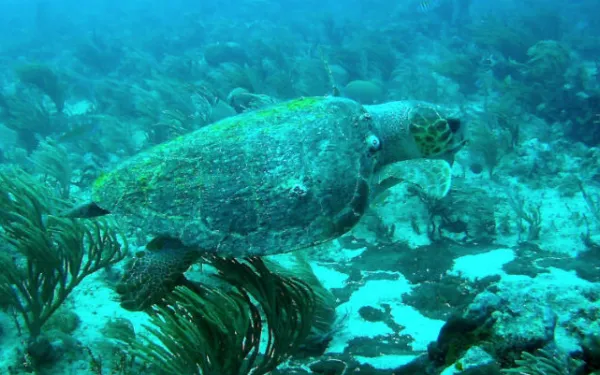
Project
Maíra Irigaray / Amazon WatchFazendo com que o Brasil se responsabilize pelos danos da represa Belo Monte
Quando em pleno funcionamento, Belo Monte será a terceira maior usina hidrelétrica do mundo, construída em um dos ecossistemas mais importantes do planeta: a floresta Amazônica. Localizada no rio Xingu, no Pará, um estado do norte do Brasil, o reservatório cobrirá mais de 500 quilômetros quadrados de florestas e terras agrícolas, uma área do tamanho da cidade de Chicago.
Para a população da Bacia do Xingu, a construção de Belo Monte tem significado a perda do acesso à água, à alimentação, à moradia, ao trabalho e ao transporte. Ao menos 20 mil pessoas serão deslocadas.
O governo e o consórcio encarregado do projeto começaram a construir a usina sem antes consultar primeiro as pessoas da região, muitas das quais são indígenas. Negligenciaram a normativa internacional de direitos humanos, a qual requer o consentimento prévio, livre e informado das comunidade indígenas afetadas. O Brasil também descumpriu as medidas cautelares outorgadas pela Comissão Interamericana de Direitos Humanos, as quais destinavam-se a proteger a vida, saúde e integridade das comunidades.
A represa começou a operar, ainda que não em plena capacidade. Recentemente um tribunal federal suspendeu a Licença de Operação do empreendimento devido à falta de cumprimento, por parte do consórcio, com as obras de saneamento básico em Altamira, cidade diretamente afetada pela hidroelétrica.
Consulta o expediente de fatos do caso
Partners:

Related projects
Report from the Ramsar Conference
It’s a worrying and undeniable fact: 76 percent of the world’s wetlands have been destroyed in the last 40 years. In Latin America, these sensitive ecosystems suffer degradation from extractive industries, tourist activities, real estate projects, and other human causes. AIDA helped ensure that these threats were recognized as a priority concern of the Secretariat of the Ramsar Convention, an intergovernmental treaty for the protection of wetlands, during its 12th Conference of Parties. The Conference took place from June 2-9 in Punta del Este, Uruguay. AIDA and other civil society organizations included the risks in a public declaration presented before representatives of the various governments. The Ramsar Secretariat incorporated these threats into the Convention’s Strategic Plan 2016-2024. “This recognition opens the way for investigations to be made and guidelines established to combat the problem,” said Sandra Moguel, an AIDA attorney who attended the Conference. “By contributing to the identification of causes for the deterioration of wetlands, we’ve laid the base for the adoption of regulations and other effective measures to conserve these important ecosystems.” Alongside local organizations, AIDA also presented a petition to alert the Ramsar Secretariat that the Colombian government has failed to fulfill its obligation to protect the country’s páramos, high Andean wetlands. In the petition, we call attention to the impacts that activities such as large-scale mining have on páramos—the source of more than 70 percent of the water in Colombia—and ask the Secretariat to monitor the situation and take action according to their abilities. The Strategic Plan also recognizes the need to have better synergy with other international environmental treaties—such as the Convention on Biological Diversity and the United Nations Framework Convention on Climate Change—so that the sustainable use and conservation of wetlands attains greater relevance and is carried out more effectively. This correlation is key. “One of the greatest challenges of the Convention is to appropriately and effectively link the implementation of the treaty with the fight against climate change,” said Carlos Lozano Acosta, an AIDA attorney who also participated in the Conference. Lozano Acosta reported that one resolution was approved that calls on countries to reserve the quantity of water necessary for the preservation of their wetlands, and another that links the protection of these ecosystems with the mitigation of natural disasters, since wetlands are a natural barrier against hurricanes and storms. But Lozano Acosta lamented the fact that the Conference remained without sufficient and adequate space for civil society participation. For Moguel, it was a success that—thanks to the efforts of Latin American representatives—all resolutions adopted at the Conference recognized and included in their text the wetlands management done by indigenous people based on their traditional knowledge. Finally, in a parallel event organized by the International Coral Reef Initiative, AIDA attorneys presented their work defending reefs in the Americas. Particularly, they shared our Guide to Best Practices for Coral Reef Protection and emphasized the cases of Cabo Pulmo and the Veracruz Reef System, both sites in Mexico at risk from tourism and port development, respectively.
Read moreBelo Monte: Determined to achieve justice
By Flavia Amaral, AIDA attorney As construction of the world’s third-largest hydroelectric dam, Belo Monte, moves forward, social impacts and unrest continue. In the coming few months, close to 2,000 families are scheduled to be relocated from their homes in Altamira, on the Xingu River in Brazil, to newly built housing. Last year, another 2,000 families were resettled. The reconfiguring of the region continues to create social ills. The new settlements are far from downtown Altamira, and there is no public transportation. Many new houses are already showing structural problems, and there is little to no basic infrastructure such as health care centers, schools, and sewer treatment facilities. Also, as part of being relocated, a family must agree that they have no complaint or concern with the Belo Monte hydroelectric plant or the company responsible for the construction, a difficult ask for many who are giving up so much. For many indigenous communities, there is an explosion of illegal logging on their lands. Norte Energia,the consortium building Belo Monte, has not implemented required monitoring systems or constructed surveillance stations which would deter the logging. As a result, FUNAI, Brazil’s government agency that oversees Indian rights, reports that the situation is critical, and especially serious for the lands of the indigenous Arara people. Throughout the area, demonstrations continue by those who seek justice, recognition and compensation. Last month, hundreds of farmers held protests demanding land tenure, credit, and improvements to family farming. Two people died after being hit by a car that broke the blockade of protesters. This situation represents the unease, unrest, and violence that permeates the region. Clearly, the construction of Belo Monte has caused enormous impact in the Xingu River Basin – well before it’s operational phase. Four years ago, on the request of AIDA and partner organizations in Brazil, the Inter-American Commission on Human Rights took an important step forward for the people of the region. It requested that the Brazilian government adopt precautionary measures to prevent irreparable damage to the rights of indigenous communities whose cultural integrity and way of life were at risk from the construction of Belo Monte. Clearly, after all these years, these threats remain: Brazil has not honored the precautionary measures. AIDA will continue working until we ensure that the environment and the rights of communities in Brazil’s Xingú River Basin are fully respected. We believe that the Commission still has time to act, and that there is potential for the Brazilian government to reframe its policies and practices to become a global model for equity and justice. Thank you so much for your ongoing support of our work for the people and the environment of the Amazon!
Read more
Progress on Protecting the Loggerhead Turtle!
By Gladys Martínez Significant strides were taken last week toward the conservation of loggerhead sea turtles. A new international resolution intends to strengthen protections for this endangered species in the Americas, and outlines the primary threats facing loggerheads, including mining, all of which should be regulated to avoid harm. The resolution was approved during the 7th Conference of Parties to the Inter-American Convention for the Protection and Conservation of Sea Turtles (CIT), hosted last week in Mexico City. One of just seven species of sea turtle in the world, the loggerhead turtle is threatened by human activities such as unsustainable fishing, poorly planned development and extractive industries. AIDA was an actor and an observer in the conference, representing other organizations and individuals from civil society. My colleagues and I spoke with delegates and raised awareness of the harm that marine phosphate mining could cause to loggerheads, and to the ecosystem as a whole. We drew attention to the potential impacts of the Don Diego mining project in Bahia de Ulloa, Baja California Sur. The region’s first marine phosphate mine would, if executed, gravely impact populations of loggerhead turtles and other species that live in or migrate through Baja waters. I am pleased to report that I successfully advocated for the resolution to include mining on the list of threats to loggerheads. We also used our knowledge of international environmental law to help strengthen proposals within the resolution, and to make member States aware that immediate action is required for the conservation of the species. Details of the Loggerhead Resolution In the resolution, member States recognize that threats to the loggerhead turtle include development, coastal and deep-water fishing, marine debris, mining, pollution and climate change. The nations promise to work together to implement existing recovery plans for loggerhead populations, as well as to develop new plans in countries that still have not created them. They made the following commitments: Mexico and the United States will work together with Japan to develop a Trinational Recovery Plan for loggerhead turtles in the North Pacific. Chile, Ecuador, Peru and the United States will work with the Secretariat Pro Tempore of the Sea Turtle Convention and the Secretariat of the Convention on Migratory Species to implement a Species Action Plan for loggerhead turtles in the South Pacific. Mexico and the United States will continue working with collaborating countries of the North Atlantic to share information about the situation and tendencies of the loggerhead turtle of the Northeast Atlantic, and to identify collaborative conservation actions. A Report on the Conference Overall, I am quite satisfied with the advances achieved at this conference. I consider it a privilege to participate, and an honor to effectively contribute our knowledge and experience to conventions such as this, where decisions are made at an international level, and then taken back and implemented in each participating country. Another result of the Conference is the increased protection of the leatherback turtle (Dermochelys coriacea) of the Western Pacific. Member States approved a resolution in which they committed to: Deliver information annually to the Secretariat of the Convention on leatherback turtle bycatch taken by their fleets. Annually inform the Secretariat of measures that are being adopted to reduce bycatch. Identify, with the help of the Scientific Committee, critical areas and fisheries that require spatial and temporal management to reduce bycatch. Strengthen actions for the protection of leatherback turtles eggs. Establish and evaluate national programs for handling and releasing leatherback turtles taken as bycatch in fisheries. We trust that the States will transform these international commitments into effective actions for the conservation of sea turtles. At AIDA, we will remain vigilant to ensure these promises become reality.
Read more